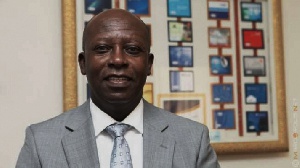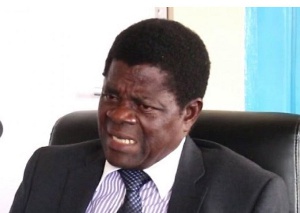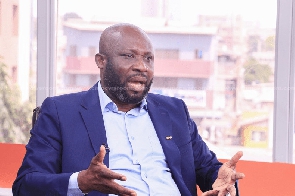Gabriel Ruhan, Chief Executive Officer (CEO) of EDAPT, has said UK-based Ghanaians can now receive remittances abroad directly on their e-Zwich cards following a deal between Unity Link and the Ghana Interbank Payment and Settlement System.
At the maiden conference on biometric smart card in Accra recently, he said about 26.5 percent of Ghanaians received remittances from abroad annually and that the company planned to include other value-added services to customers using the e-Zwich to receive remittances.
Jointly organised by EDAPT and GhIPSS dubbed, ‘EDAPT User Group 2016’ was used to discuss biometric payment technology and its benefits.
EDAPT, which evolved from Net 1, is a leading provider of payment solutions and transaction processing services in a number of emerging economies.
It has been working with GhIPSS on a number of payment system projects.
Archie Hesse, Chief Executive Officer, GhIPSS, said the Unity Link remittances was an expansion of the frontiers of the use of e-Zwich cards since it provides a guarantee to both senders and holders of the card that the money would reach the intended target because of the unique biometric features on the card.
Also, it removed the uncertainty of relying on friends and relatives to send money back home.
Beneficiaries could access the money at any bank or shop with point of sales devices.
The service would be extended to Germany and Holland, where Unity Link operates other subsidiaries.
Some of the topics discussed included biometric and EMV integration, innovations, data and payments, as well as the future of plastics in the banking industry.
GhIPPS now has about 2.5 million Ghanaians using the e-Zwich platform, he indicated, adding that the e-Zwich had witnessed increased usage following government’s decision to use it to pay National Service personnel, beneficiaries of the Livelihood Empowerment Against Poverty (LEAP), School Feeding caterers and student loans, among others.
He said the biometric features of the e-Zwich card make it impossible for fraud.
Ghana’s migration from an electronic payment regime is ongoing.
Business News of Thursday, 28 April 2016
Source: dailyguideafrica.com

















